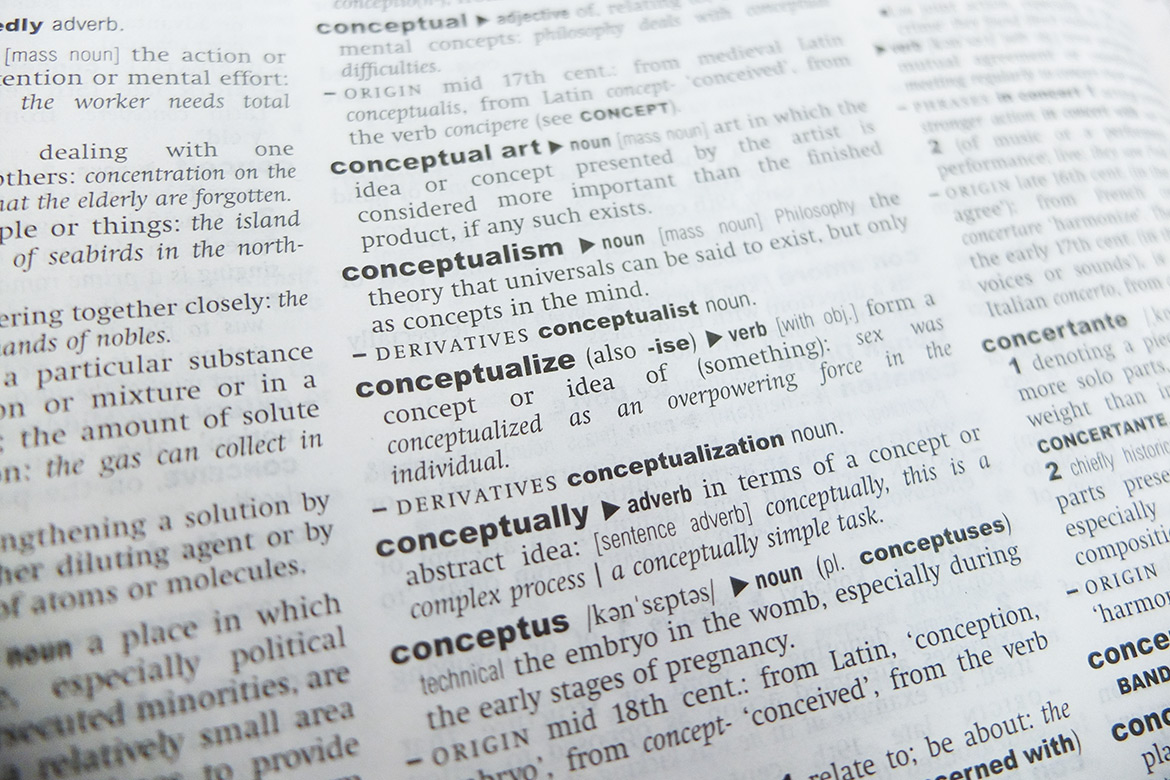Concepts
Academic freedom
Is it about fending off outside influences? Or about getting enough funding? The concept of ‘academic freedom’ turns out to have so many different meanings that it becomes well-nigh meaningless.

Photo: Florian Fisch
It sounds so simple in Article 20 of the Swiss Federal Constitution: “Freedom of research and teaching is guaranteed”. But across the world, things aren’t as straightforward as this might suggest. This is confirmed by the Academic Freedom Index, which registers a broad spectrum of ‘academic freedom’ across the world, ranging from a score of 0.01 at the low end (North Korea) to 0.98 at the top (Czechia). It also assesses the degree to which countries allow for the exchange of ideas and research results, the autonomy of institutions, security on university campuses and cultural freedom.
When it is defined as a human right, academic freedom encompasses almost everything imaginable: From the right of everyone to share in the fruits of research and protecting intellectual property to the availability of state funding for research. For some researchers, freedom of expression is paramount, while others want to conduct their experiments with as few restrictions as possible. The concept is therefore so varied and elastic that everyone could in theory take from it whatever suits them. If academic freedom is going to be more than just a hollow battle cry, then we’re going to need a clear definition of it each time we use it.




